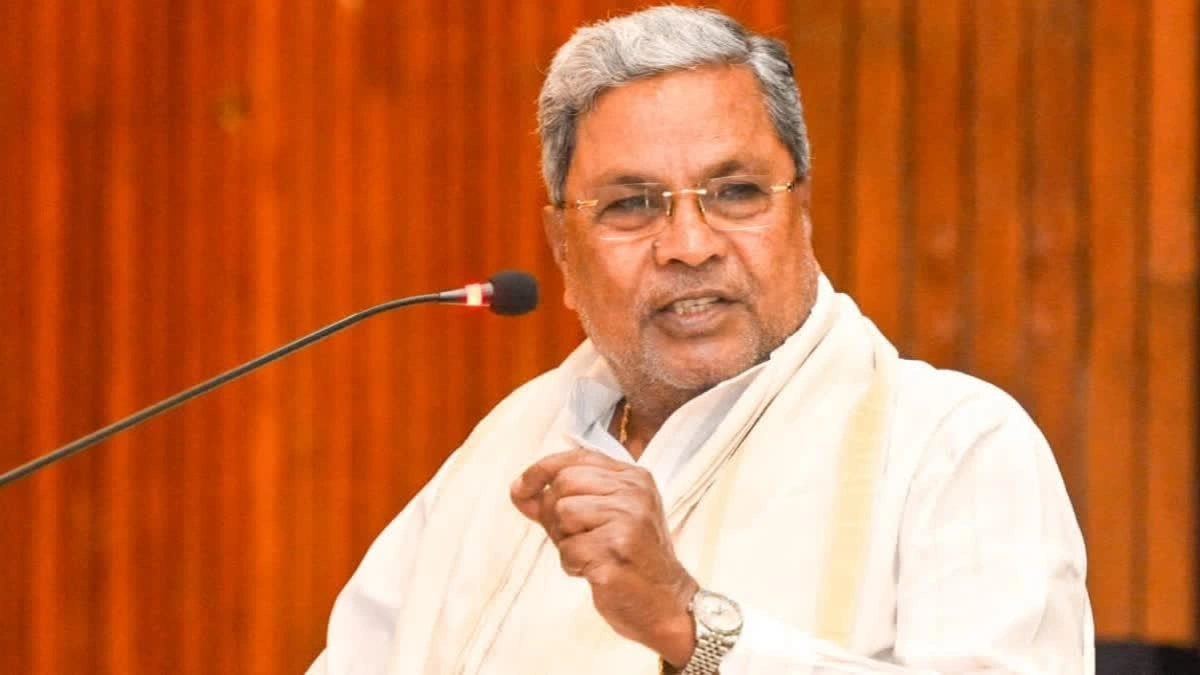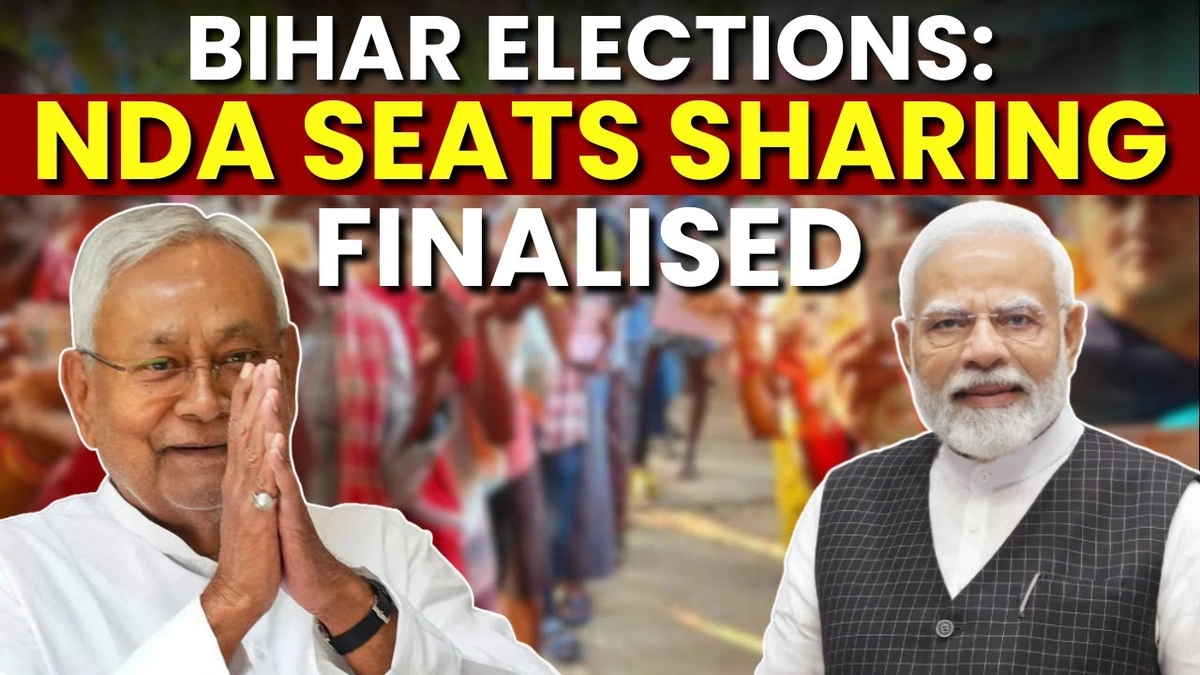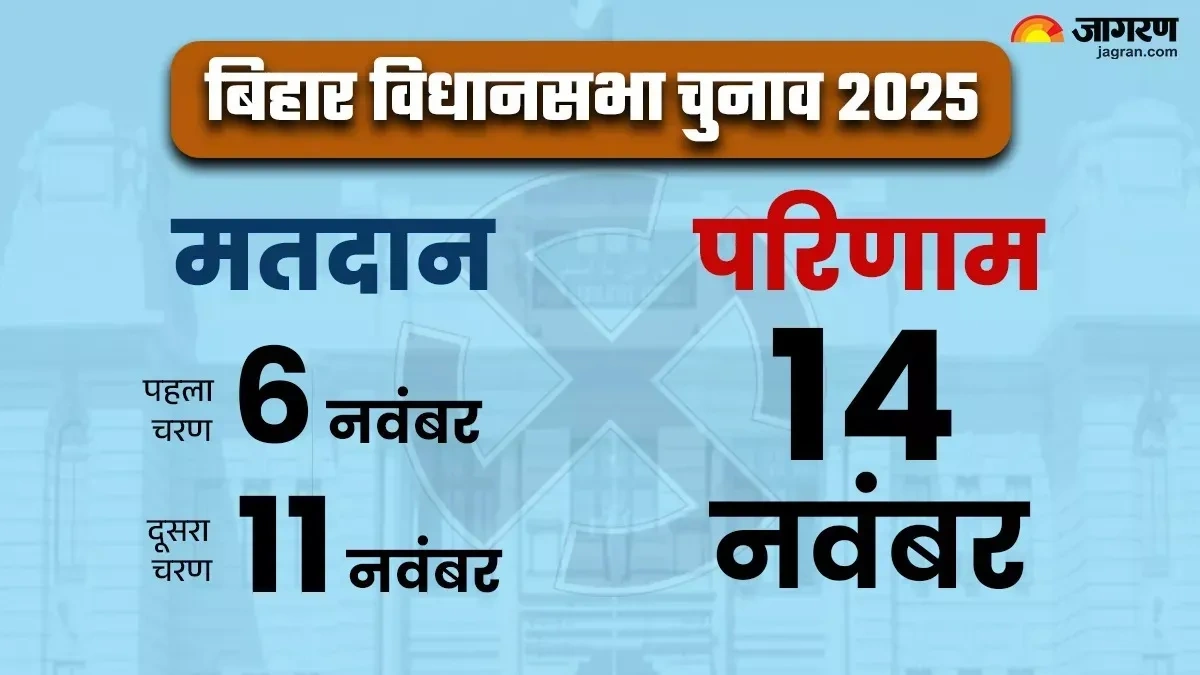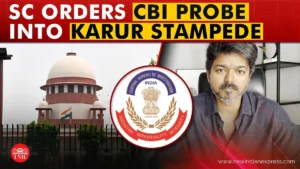Siddaramaiah Alleges Manuvadi Involvement in Attack on CJI Gavai
Alright, let’s dive into this. Siddaramaiah, a prominent figure in Indian politics, has made a rather explosive allegation: that the attack on Chief Justice of India (CJI) Gavai has links to “Manuvadi” elements. Now, before we even begin to unpack this, it’s crucial to understand that this isn’t just a simple statement; it’s a loaded one carrying historical and socio-political weight. What fascinates me is the potential ripple effect this could have, not just on the investigation into the attack, but also on the broader political discourse in India.
The ‘Manuvadi’ Connotation | More Than Just a Word
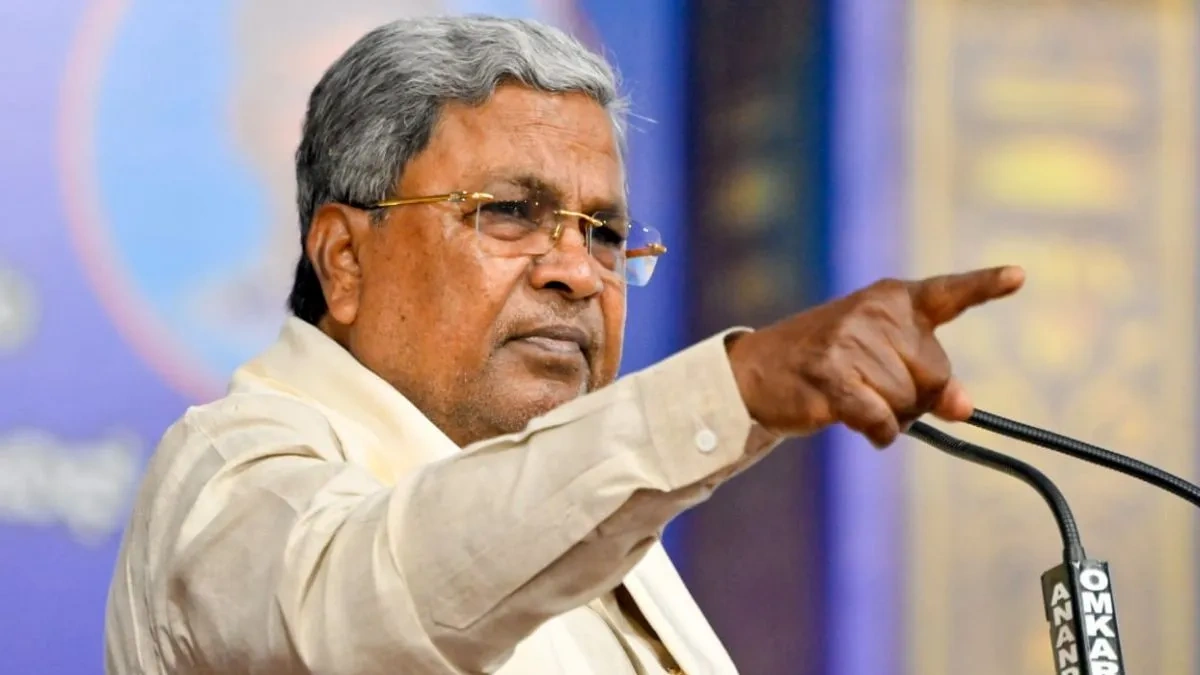
So, what does Siddaramaiah even mean by “Manuvadi”? The term refers to followers or proponents of ‘Manusmriti’, an ancient Indian legal text. The thing is, this text is highly controversial. Critics argue that it promotes a hierarchical social order, particularly the caste system, and discriminates against women and marginalized communities. It’s not just some dusty old book; its interpretations have real-world implications, influencing social attitudes and even policy. Think of it as throwing a match into a tinderbox – words matter, especially in a country as diverse and complex as India.
And here’s where it gets tricky. Accusing someone of being “Manuvadi” is a serious charge in Indian politics. It immediately paints them as regressive, anti-Dalit, and anti-equality. The Siddaramaiah accusation is not one to be taken lightly given the sensitivity surrounding social justice and equality in Indian society.
The question is: Is Siddaramaiah just throwing around accusations, or does he have concrete evidence? That’s what everyone’s asking. Remember, this isn’t some random Twitter rant; it’s a statement made by a senior political leader about an attack on the highest judicial officer in the country. It demands scrutiny and, more importantly, evidence. Otherwise, it risks being seen as mere political posturing.
Why This Matters | The Implications for the Judiciary
Let’s be honest, an attack on the Chief Justice of India is an attack on the judiciary itself. If Siddaramaiah’s allegations are true and the attack has ideological underpinnings related to a specific sociopolitical stance, it raises extremely serious questions about the threats facing the Indian judicial system. This isn’t just about the security of one individual; it’s about the integrity and independence of the entire judiciary.
If proven, this could erode public trust in the system. The judiciary is meant to be impartial and above the fray. But if it’s perceived to be under threat from specific ideological groups, people might start questioning its ability to deliver fair and unbiased judgments. Consider the anxieties of a common citizen. They will wonder if justice is truly blind or if it can be influenced by the actors that Siddaramaiah is pointing to.
Moreover, consider the timing of this statement. It’s not happening in a vacuum. India is already grappling with debates around social justice, caste discrimination, and religious polarization. Siddaramaiah’s statement throws fuel on the fire, forcing people to confront uncomfortable questions about the values that underpin Indian society. What’s fascinating is how quickly these issues escalate into public debates.
The Investigation | What Happens Next?
So, where does this leave us? Well, first and foremost, the authorities need to take Siddaramaiah’s allegations seriously. That means launching a thorough and impartial investigation to determine whether there’s any truth to them. This investigation must be transparent. The public has a right to know what’s going on, especially when it involves the security of the CJI and the integrity of the judiciary.
The investigation needs to explore all possible angles. The authorities should examine the potential involvement of the groups allegedly aligned with Manuvadi ideologies. This requires a deep dive into social media activity, organizational structures, and any prior history of violence or incitement. Remember, though, allegations are just that – allegations. The authorities need to gather concrete evidence before making any conclusions. One common mistake I see people make is accepting claims at face value without demanding proof.
And let’s not forget the role of the media. They have a responsibility to report on this story accurately and responsibly. That means avoiding sensationalism, presenting all sides of the story, and fact-checking everything. The media should focus on informing the public, not stoking fear or division. As per the guidelines mentioned in the information bulletin , this is a critical factor for maintaining trust in democratic institutions.
The Broader Context | Social Justice and Political Discourse
Ultimately, attack on CJI Gavai is a symptom of deeper issues in Indian society. It reflects the tensions and divisions that exist around caste, religion, and ideology. Siddaramaiah’s statement forces us to confront these issues head-on. This is an opportunity to have an honest and open conversation about the kind of society we want to build. Do we want a society based on equality and justice for all, or one where certain groups are privileged over others? These are not easy questions, but they’re questions we need to answer.
Now, you might be thinking, “Okay, this is all heavy stuff. What can I, as an individual, do about it?” Well, a lot, actually. Start by educating yourself about these issues. Read different perspectives. Engage in respectful dialogue with people who hold different views. Hold your elected officials accountable. Demand transparency and justice. Manuvadi ideology , caste system , social justice and Indian judiciary are complex topics and it pays to read widely.
Remember, democracy isn’t a spectator sport. It requires active participation from all of us. We can’t just sit back and expect things to get better on their own. We need to be informed, engaged, and willing to stand up for what we believe in. As the Kerala CM has stated , upholding the rule of law is paramount.
The End Game | What’s at Stake?
Here’s the thing: This isn’t just about one politician’s statement or one attack on a judge. It’s about the future of India. It’s about whether we can build a society that lives up to its ideals of equality, justice, and fraternity. It’s about whether we can overcome the divisions that threaten to tear us apart. The Chief Justice of India is a key figure in maintaining stability.
The stakes are high. If we fail, we risk descending into a spiral of conflict and division. But if we succeed, we can create a brighter future for all Indians. The choice is ours. As the Bihar assembly elections demonstrated , democratic processes can lead to change, but require constant vigilance.
FAQ Section
What exactly does “Manuvadi” mean?
It refers to followers or proponents of ‘Manusmriti’, an ancient Indian legal text that is criticized for promoting the caste system and discrimination.
Why is Siddaramaiah’s statement so significant?
It alleges a link between the attack on the CJI and a specific ideology, raising questions about threats to the judiciary’s independence.
What are the potential implications for the judiciary?
If the allegations are true, it could erode public trust in the judiciary’s impartiality.
What should happen next in the investigation?
A thorough and impartial investigation is needed to determine the truth of the allegations, with complete transparency.
What can ordinary citizens do?
Educate themselves, engage in respectful dialogue, and hold elected officials accountable.
How does this relate to the broader context of Indian society?
It highlights the tensions and divisions that exist around caste, religion, and ideology in India, which must be addressed.
So, the next time you hear about this story, don’t just dismiss it as another political squabble. Think about the deeper issues at stake. Think about the kind of India you want to see. And then, do something about it. The investigation into this will be critical for India’s future. This isn’t just about the news; it’s about our collective future. This political statement has stirred up a storm. And we need to see how it affects Siddaramaiah’s political standing.
